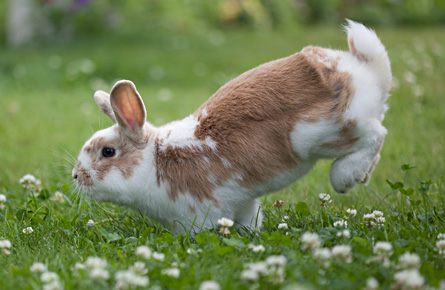Weight management needn’t weigh on your mind. At Avonvale Vets we have advice on how best to tackle obesity in your pet and we’re here to support you every step of the way.
Did you know… 1 in every 2 cats and dogs in Warwickshire are overweight, and, a third of rabbits? If you feel that your pet might make up this statistic, don’t worry. There are ways we can support you.
To help delay the start of long-term diseases, which may be a direct result of being overweight, it is vital your pet sustains a healthy weight. Being overweight reduces both quality and quantity of life. Maintaining a healthy weight may also keep pet healthcare costs down and reduce the care that you may need to administer to an overweight pet.
Book a weight check consultation today
Did you know…if your pet starts losing weight, it only takes a matter of weeks before you will notice an improved level of activity: this can be within 4 weeks. Not only this, they may take part in ‘play’ again, be less anxious and start to enjoy a happier and healthier life.
Being overweight causes risk of the following:-
- Arthritis
- Diabetes
- Heart disease
- Breathing problems
- High blood pressure
- Lethargy and reluctance to exercise
- Inability to clean themselves properly
We can support you with a nutrition plan and weight management programme so your pet can feel happier and healthier, giving you both more time to play and be active.
Book a weight check consultation today
We can support with diet and the optimum environments for your pet to live in, while providing guidance on how best to exercise your pet.
FAQs
Is my pet at risk from obesity?
Some factors beyond our control can mean our pets are at more risk from obesity such a breed, age, gender. However, it goes without saying, that excess weight is simply, an intake of too many calories compared with calories burnt off. Animals that are carrying extra weight are susceptible to conditions such as arthritis, diabetes, and can cause breathing and heart problems too. If you are concerned, it is worth asking your veterinary team here at 608 Vets about ways we can help.
Is my pet overweight?
It's important to understand if your pet is carrying a little extra weight. As a rule of thumb, when holding your pet, you should be able to easily feel their ribs, but if you are unsure, bring your pet in to see one of our expert team who will be able to advise accordingly.
What exercise should my pet be doing?
Exercise activity should be based on age, breed, gender and current physical abilities. Working out then what stimulates your pet and keeps them occupied should then follow to help build an exercise routine that works for them. We can support with tips and advice along the way.
What happens during a weight consultation appointment?
The vet or veterinary nurse will get a comprehensive history from you and perform a full clinical examination. Your pet will be weighed and receive a body condition score. Depending on what is found recommendations will be made. If a medical condition is suspected further tests such as blood tests might be advised. If not, advice will be given on exercise and diet to help get your pet back to a healthy weight.








